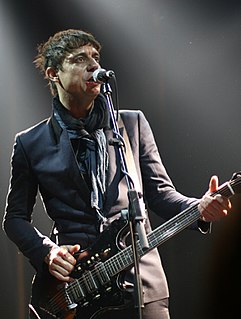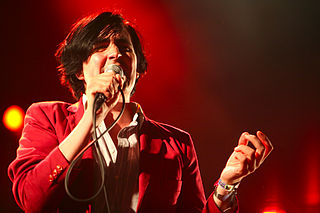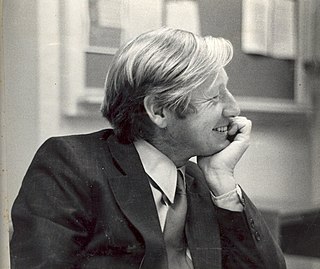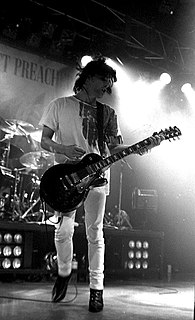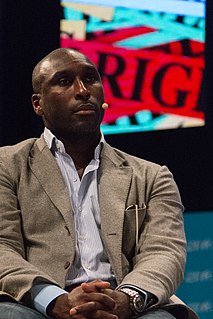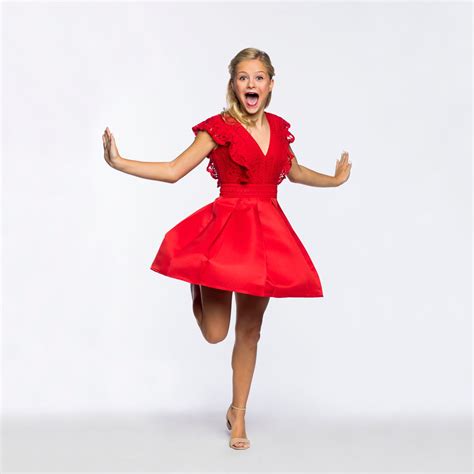A Quote by Jamie Hince
Being in a band is not about reality - it's a bit of a fantasy. I can't go on stage as my ordinary self and just play - I've got to become my 'superhuman self.'
Related Quotes
I'm seeing myself as an outsider a little bit - definitely when I started the band. I knew what band's name meant and nobody else really did, so I'd be on stage every night and say, "Hello, we're Art Brut" - basically saying that we were rejects. But I mean, I didn't really sing, it did feel a bit like we were outsiders. It was a bit tongue-in-cheek when I first named the band that, but then we slowly turned into that - like a self-fulfilling prophecy.
It's all about self-discipline. Like, self-obsession is connected completely with self-loathing, and it's the same with, if you've got a weight problem. It's all about... finding some worth in yourself, knowing that you've got the discipline to do it, and knowing that other people maybe can't do it. And it's also, I think, really connected to the fact that you almost feel, like, silent, you have no voice, you're mute, there's just no, you've got no option. Even if you could express yourself nobody would listen anyway. Things that go on inside you, there's no other way to get rid of them.
